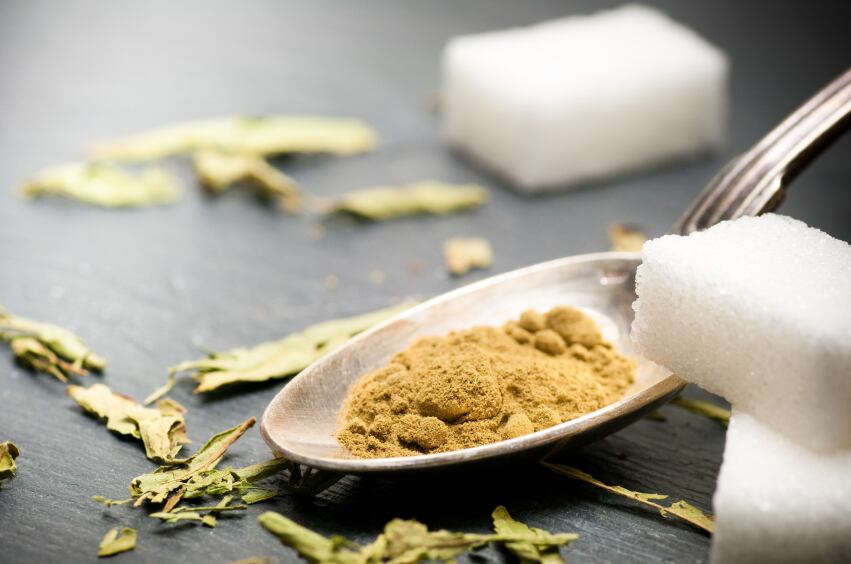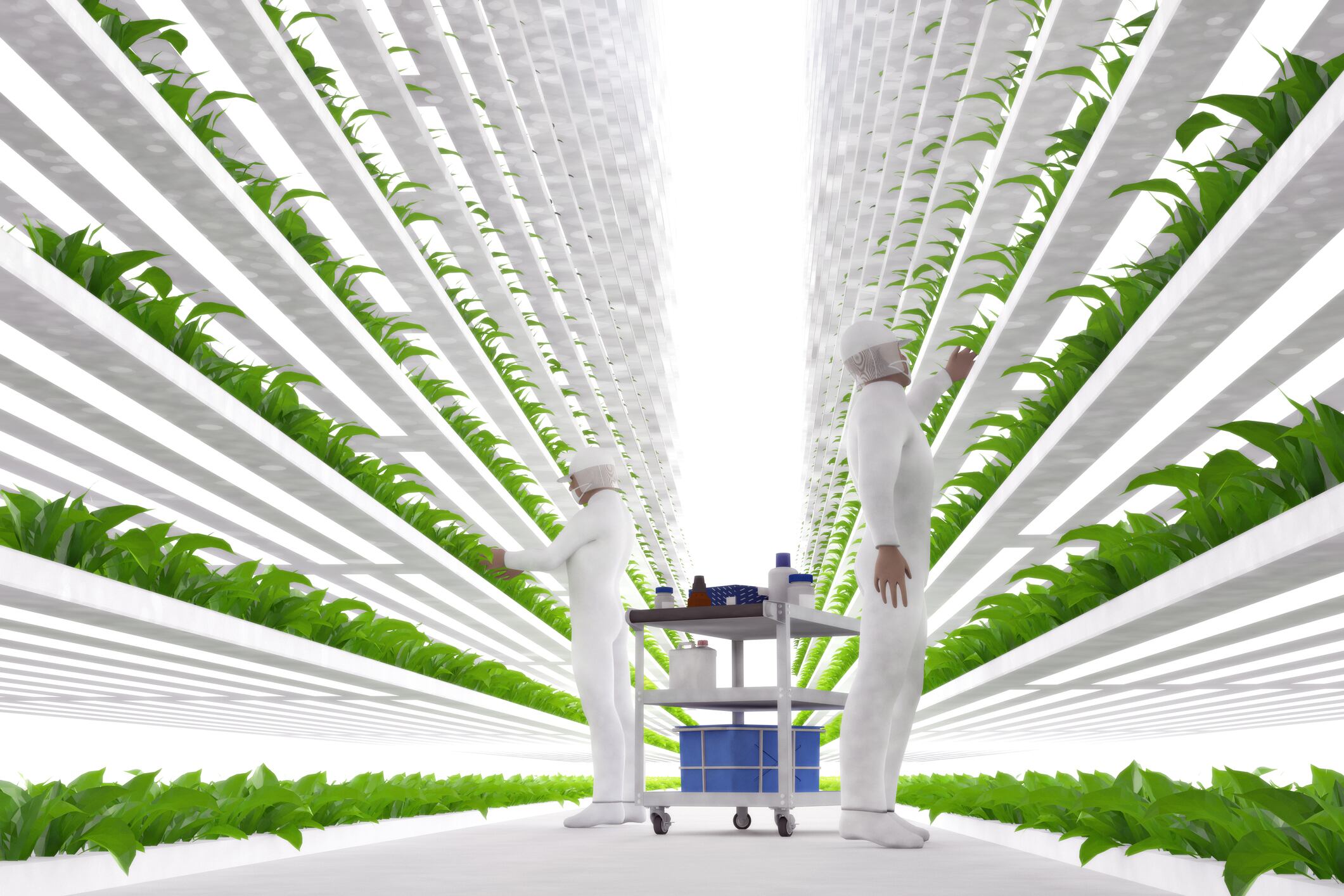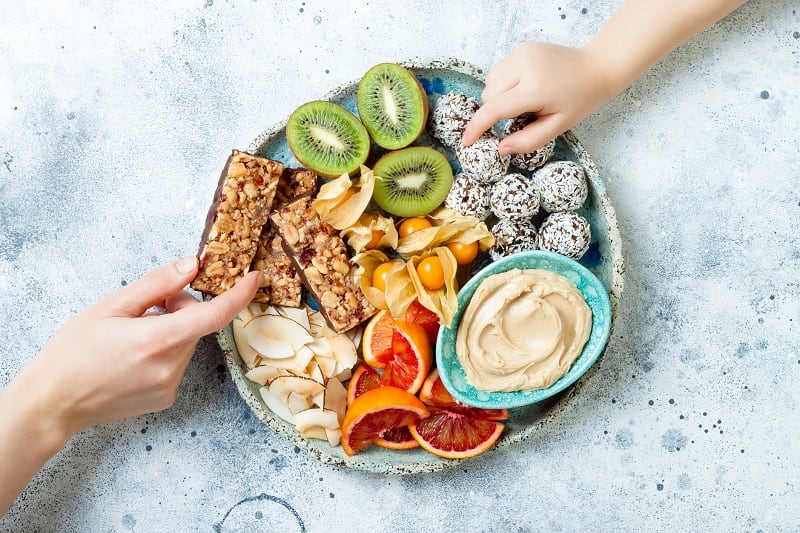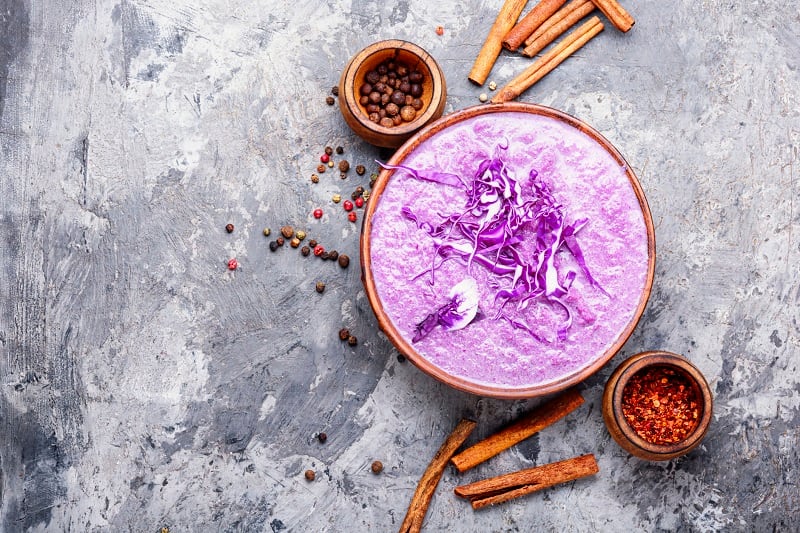New takes on corporate social responsibility, personalised diets and agriculture will change the food and drink industry in the next 10 years, according to market researcher Mintel.
Its ‘Food & Drink Trends 2030’ report, unveiled at the recent FiE 2019 event in Paris, identifies a host of trends for the food and beverage industry to watch over the next decade.
By 2030, it said, “consumers will want companies to help them feel proud of their eco-conscious efforts, will expect improvements in green packaging and will consume with the planet's health in mind, as well as their own.”
The insights were informed by debate among Mintel’s worldwide network of analysts who work across categories and industries. The trends also were inspired by interviews with more than 30 external experts.
“In the next decade, consumers will be hungry for leadership and demonstrable change on environmental issues, ethical business practices, public health, and other important causes,” said Alex Beckett, Associate Director, Mintel Food & Drink.
“Consumers will reward brands that take action and improve important societal issues. The companies that will win in the next 10 years will be those that fuel the new era of conscious consumption. Tomorrow's conscious consumers will be looking for eco-friendly packaging and products, while also seeking guidance on how to make their diets more sustainable.”

Smart diets will spread
As the growth of the world’s population stretches the Earth’s resources, consumers will consider the environmental impact of our diets, such as planetary health diets, said the report.
This fact, combined with the ability of consumers to gain in-depth knowledge of their biology through personal health testing kits will empower them to personalise their diet and health regimes, said Beckett. “Analysis of these tools will inform consumers of the steps they need to take to address every aspect of their health, including brain and emotional wellbeing. As a result, in order to succeed over the next decade, brands will need to offer more personalised product offerings, develop smart home solutions, and assist consumers in addressing mood and brain health.”
Stevia’s improved flavour will help combat obesity
250 million children are forecast to be obese by 2030, up from 150 million in 2019, according to the World Obesity Federation. Plant-based zero calorie sweeteners such as stevia have been heralded as a solution but its taste profile has limited use, noted Mintel’s repot.

It expects big global brands like Coca-Cola, Red Bull, Pure Circle and Dr Pepper to achieve success with their patents to improve the taste profile of stevia. Coke’s patent, for example, investigates the potential of using steviol glycoside and/or mogroside (luo han guo or monk fruit) "to make the consumable taste more like a sucrose sweetened consumable".
Edible and compostable packaging will be easier to find
Through 2030, consumers will be looking for innovations that make it easier to recycle, refill, reuse, or even consume packaging. Noteworthy examples of this trends include Caffe Pascucci Torrefazione, which has a pending Italian patent for fully biodegradable coffee capsules made from palm bark, leaves and starch-based gum.
Wholesale Group Int Pty has a granted Australian patent for packaging film from Eucalyptus that can be used as soil micronutrient fertilizer. In France, Lactips has a pending patent for edible thermoplastic packaging using milk protein casein or caseinate.
Consuming 'less but better' will become a mantra for animal products
Through 2030, those who are concerned about the health of the planet will likely reduce the frequency of meat and dairy consumption and choose products with high ethical and environmental standards when possible, said Mintel. Even the animal feed will be highlighted as a means of delivering transparency.
Companies will help consumers follow their personal recommendations
Food and drink brands will recognise the opportunity to help consumers understand their data and facilitate purchases. For example, Nestlé China’s XiaoAi smart speaker serves as a family nutrition assistant. Nestlé's Wellness Ambassador programme in Japan gives consumers recommendations of coffee and smoothie pods based on nutritional data. In the UK, Vita Mojo became the first foodservice chain to give customers nutritional guidance based on their genetics.
Technology will take hyper-individualisation to the next level
Mintel predicted that food, tech and software will combine Smart kitchen appliances can offer custom recipes and shopping lists, while 3D printers make personalized meals, predicted. 3D nutrition patents have been filed by Nestlé, Bosch and software firms.
Consumers will also want more innovative solutions to recommend favorite flavours, specific nutrients or functional ingredients that help them cope in real-time eg through wearable tech, it said. Microsoft, for example, has a patent granted for glasses which provide nutrition feedback.
A new agricultural revolution will have dawned
The climate crisis is creating an environment in which traditional agricultural areas and models are being challenged by extreme and unpredictable weather, observed Mintel.
In the next decade, both ingenuity and necessity will lead more indoor farms to be established and to expand the range of plants that they produce. Vertical farming will also be widely used by 2025 and by 2030 vertical and local micro-farms will supply a large amount of fresh food that people consume.

In 2025-2030, new growing regions and agricultural innovations will also emerge to tackle global food security crises. Farming will be not only possible but prosperous in more arable regions such as Sub-Saharan Africa and India, predicted Mintel.
Innovations illustrating this trend include Gotham Greens’ Vegan Lemon Basil Vinaigrette, a dressing which is made from freshly harvested ingredients that are grown in urban greenhouse farms in NYC and Chicago. Growing Underground’s Asian Salad Mix, meanwhile, is grown underground in a former air raid shelter in London.
Synthetic ingredients will grow
A popular yet expensive spice, a hugely versatile yet controversial oil, and alcohol have promising futures as synthetic ingredients, reckoned Mintel.
Bio or synthetic vanillin: Vanilla is the second most expensive spice in the world, and supply cannot keep pace with demand. Synthetic vanillin is already widely consumed and bio-synthetic vanillin will be more in-demand.
Synthetic palm oil: Bill Gates has backed California based C16Biosciences and its synthetic, fermented alternative to palm oil - the world’s most widely consumed vegetable oil.
Synthetic alcohol: Alcarelle is the name of a synthetic alcohol which targets brain receptors which trigger the buzz of alcohol, without the effects of a hangover and other health implications.
“Science will interlace with the food supply chain to boost yields and combat climate change,” concluded Beckett. “Celebrating the sustainable, health, and cost benefits of lab-grown food will be crucial in educating consumers about nature-identical alternatives.
“But the food and drink industry will be compelled to elevate the role of nature, and humans, in the storytelling of these new, modern solutions. Transparency of information is essential to building trust in a future where scientists play as integral a role as farmers. And championing the people behind the food—whether it is grown in a laboratory or a field—will remain a timeless way of building trust with consumers."





